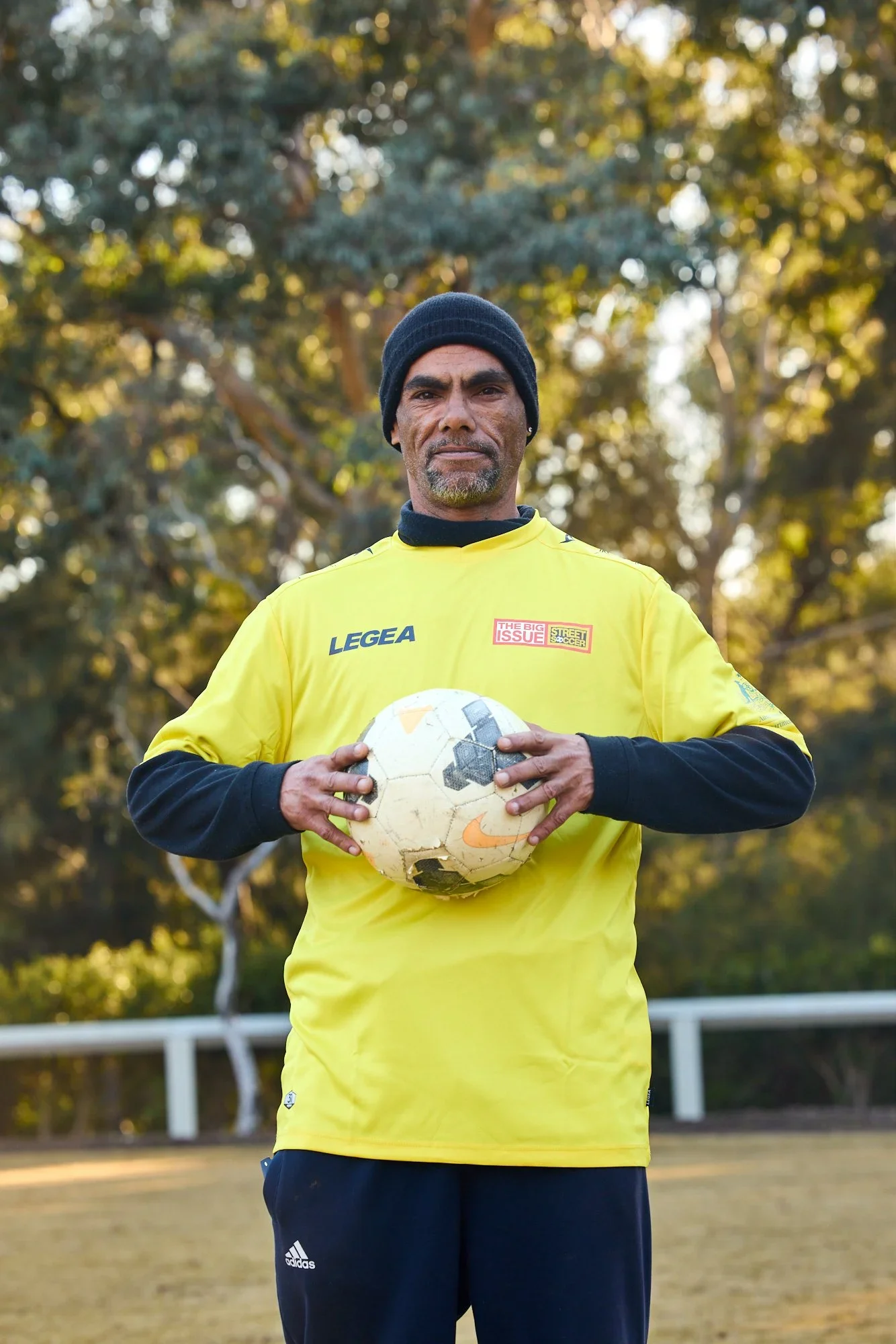
Czech Republic
SANANIM
Team Czech Republic is coordinated by SANANIM, the largest non-governmental organisation in the Czech Republic specialising in prevention and treatment of substance abuse. Through the sports programme ‘Zvítězit může každý’ (Everyone Can Win) they aim to reach vulnerable groups of people by organising football sessions and other activities.
Country statistics
32 out of 189 in Human Development Index rankings (UNDP, 2022)
Average annual salary per person $27,370 (World Bank, 2023)
More than 100,000 people in Czech Republic were homeless in 2022 (OECD, 2022)
Czech Republic, also known as Czechia, is a landlocked country in Central Europe bordering Germany, Poland, Slovakia and Austria. It has a population of 10.6 million people who are evenly distrubuted throughout the country, with 1.3 million people living in the nation’s capital, Prague. (Worldometer, 2024; CIA World Factbook, 2023.
More than 100,000 people in Czechia were homeless in 2022 according to a nationwide point-in-time study conducted using the ETHOS Light categories (except Category 4) to define homelessness. The majority were (54,000) were staying with family and friends (OECD, 2022).
Homelessness in Czechia is perpetuated by a lack of social housing law and a rapid rise in property prices which particularly affects people in rental properties. In 2019, an estimated 60% of people’s income went towards rent, in comparison to an average of 37.9% in the EU. People who received housing benefits also saw a real-time reduction of 8-13% in their payments in the period between 2017-2019 as the amount people received didn’t keep up with the rising cost of the property market (European Commission, 2019).
More men than women are homeless in the Czech Republic, with the largest share of men living in overnight shelters (83%) and on the street (75%), figures in asylum houses and halfway houses are more balanced (European Commission, 2019).
In 2023, 9.3% of people were at risk of poverty, a decline on the figure from 2023 (10.2%) and closer to pre-Covid figures (Czech Statistical Office, 2023).
The Czech Government published a national action plan to tackle homelessness in 2020 focusing on standardising state support such as health care and improving access to housing, however this was paused in 2021 and while certain aspects of the plan – such as improving access to healthcare - have been incorporated into the national Social Inclusion Strategy 2021-2030, it removes the nationwide action plan which was previously in place (FEANTSA, 2022).
Previously in the country, geographical restrictions had been in place, meaning that if you lived in certain areas, you weren’t eligible for state benefits, these were removed in 2021 meaning that anyone, who meets the eligibility criteria regardless of location, can access benefits. Despite these legal changes to existing policies, local experts say the country’s current social housing law from 2008 is not fit for purpose and needs amendments (FEANTSA, 2022).
STORIES from the region










